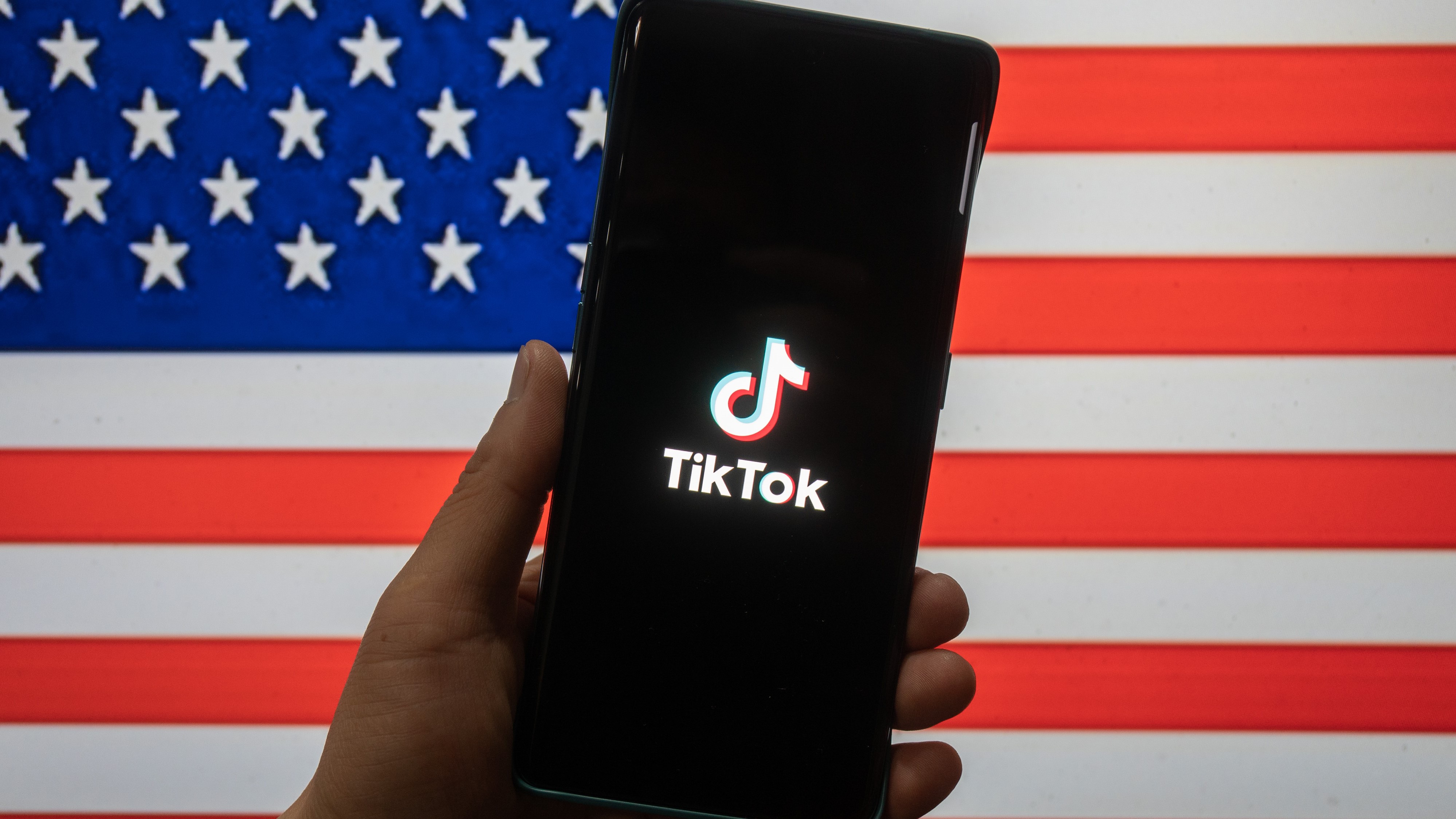
The US has stepped up its campaign against Chinese-owned social media giant TikTok with the introduction of a new Senate bill named the RESTRICT Act. The bill proposes to "prohibit certain transactions between persons in the United States and foreign adversaries," and seeks to protect US citizens’ data.
While TikTok itself is not explicitly used as an example in the bill, its introduction could well be seen as the government’s opening salvo in its attempts to completely ban the app. TikTok is already banned on government devices, a move echoed by the EU, UK, Canada, and others.
The Guardian reported that the White House appears to be "very in favor" of the bill, and its progression to the House of Representatives and subsequently the President’s desk looks likely.
In its current state, it’s unclear exactly how the bill might be enforced, and how the government might exploit it. However, its heavy-handed nature may prove worrying for those concerned about maintaining a free internet.
What is the RESTRICT Act
The RESTRICT Act's full name is the "Restricting the Emergence of Security Threats that Risk Information and Communications Technology Act." Its main aim is to prevent the sharing of US data with countries deemed "foreign adversaries"—namely China, Cuba, Iran, North Korea, Russia, and Venezuela.
Senator Mark Warner, who introduced the bill, stated that "this legislation is aimed squarely at companies like Kaspersky, Huawei, and TikTok that create systemic risks to the United States' national security—not at individual users."
On the surface, then, it appears to be a noble piece of legislation—it's fair to say that most US citizens would be wary of knowingly sharing personal information with these countries, especially China and Russia.
However, the implications of this bill are far wider-reaching, and many argue that enforcement through blanket bans is the wrong way to go about things.
"Inadequate protection of citizens' rights"
A spokesperson for well-known VPN provider Private Internet Access reached out to TechRadar, stating that "the RESTRICT Act would impose unacceptable restrictions on citizens' digital freedom and raises serious questions over how far the government is willing to compromise the privacy rights of its citizens.
"Prohibiting the use of certain technologies or social media sites bleakly opposes the vision of an open and free digital world and raises serious concerns over the future of digital freedom in the US."
Blanket bans of any online service always carry with them the scent of censorship, and rarely stop at a single restriction. A huge number of daily applications and services are based in China, or owned by Chinese companies, and while TikTok is the by far and away the hottest current topic, in time further smaller apps may suffer the same fate.
The domino effect
It's quite possible to imagine how this bill could set off a chain reaction in the US. With the power to ban not only mobile applications, but any organization that permits transactions of data between the US and its adversaries, any Chinese- or Russian-owned business will be sweating.
Simple examples are TikTok and Huawei telecoms devices, but look a little deeper and this has the potential to affect more than that. For example, Volvo and Lotus cars are owned by the Chinese company Zhejiang Geely Holding Group. Should sales of US-made cars begin to dwindle, there’s a possibility that the government could leverage this legislation to remove the competition from the market.
It's important to note that this example is just that—an example. However, it serves to show the knock-on effect of hasty legislation, and the importance of understanding how laws can serve a far wider purpose than initially intended.







